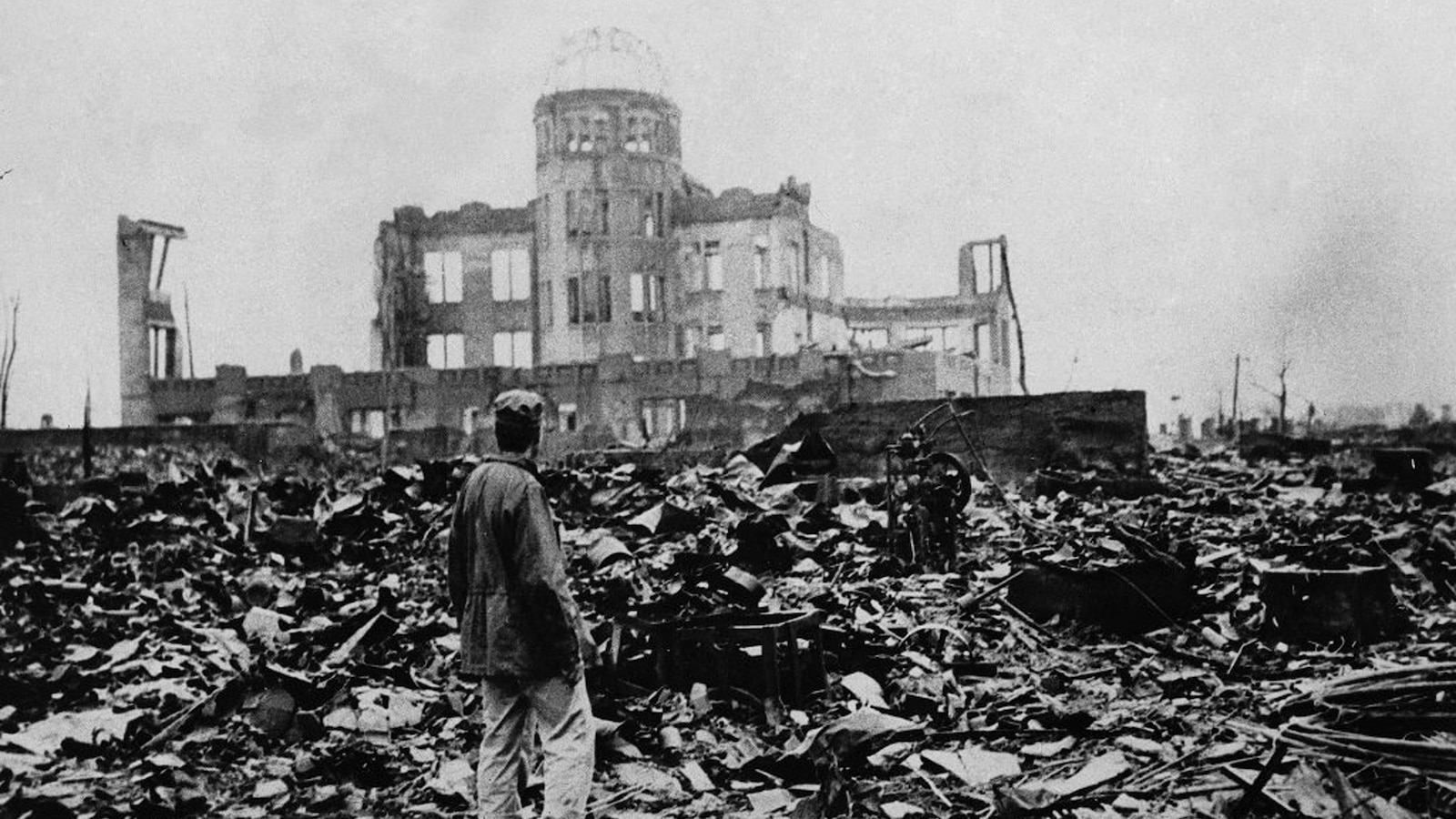Japan Marks 80th Hiroshima Anniversary Amid Evolving Security Stance
Japan Marks 80th Hiroshima Anniversary Amid Evolving Security Stance

TOKYO – Japan today observed the 80th anniversary of the atomic bombing of Hiroshima, with solemn ceremonies taking place on August 6, 2025. Prime Minister Shigeru Ishiba and U.S. Ambassador George Glass were among the invited guests who laid wreaths at the Memorial Cenotaph, highlighting themes of reconciliation and the enduring strength of the U.S.-Japan alliance.
While the nation paused to remember the devastating events of August 1945, the anniversary also underscored a significant shift in Japan’s post-war identity. For eight decades, Japan has maintained a pacifist constitution, but growing regional threats from North Korea and China are prompting a re-evaluation of its defense posture. Discussions previously considered politically sensitive, such as increased military spending and closer alignment with allies, are now openly debated.
In recent years, Japan has demonstrated a more assertive foreign policy, including sending a warship through the Taiwan Strait in 2024 and a prime ministerial visit to Ukraine in 2023 – the first by a Japanese leader to an active combat zone since World War II. Earlier this year, U.S. Defense Secretary Pete Hegseth visited Tokyo, where agreements were made to accelerate co-production of missile systems and upgrade Japan’s Self-Defense Forces’ command structure to better integrate with U.S. forces.
The shift from remembrance to readiness is palpable, with former Prime Minister Fumio Kishida remarking, “Ukraine today may be East Asia tomorrow.” Japan is now actively participating in multinational drills and providing naval support to the Philippines, aligning with a shared vision for a “Free and Open Indo-Pacific.”
However, the pursuit of rearmament faces challenges, notably uncertain public support for a larger military budget. The Nihon Hidankyo, a group representing atomic bomb survivors who received the Nobel Peace Prize in 2024, remains firmly opposed to nuclear weapons, advocating for the Treaty on the Prohibition of Nuclear Weapons. Survivors, known as hibakusha, like 92-year-old Tomoko Matsuo, continue to share their harrowing experiences to ensure the horrors of atomic warfare are never repeated.
Despite their advocacy, the prospect of nuclear weapons never being used again remains uncertain. Kazuko Hikawa of Nagasaki University’s Research Center for Nuclear Weapons Abolition points to the “security paradox,” where the pursuit of nuclear deterrence by some nations can inadvertently increase the risk of conventional conflicts, as seen in Ukraine and Palestine, occurring under the shadow of nuclear power.
As Japan moves forward, it navigates a complex path between honoring its past as the only nation to suffer atomic bombings and adapting to a rapidly changing geopolitical landscape, where the tone has shifted from solemn remembrance to strategic readiness.
Disclaimer: This content is aggregated from public sources online. Please verify information independently. If you believe your rights have been infringed, contact us for removal.